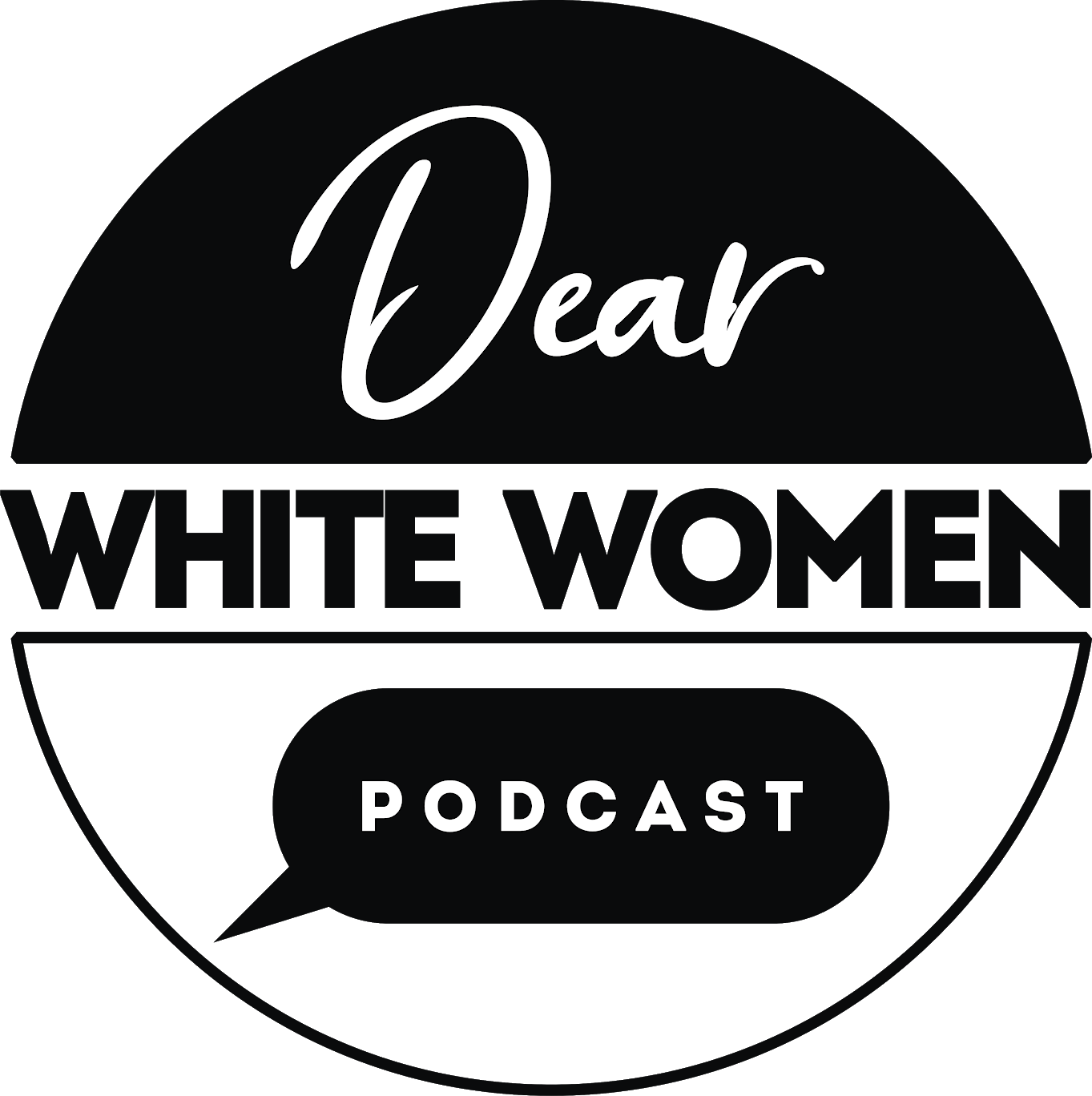Let’s talk about workplace safety. No, not that kind of workplace safety - we’re here to talk about building psychologically safe workspaces, which in our opinion is a crucial conversation especially as we’re reimagining workspaces in this era of COVID. And you’ll want to hear this WHOLE conversation, because there are knowledge bombs just being tossed around by our guest throughout this entire episode.
Today we’re talking to Jeff Harry, who is the founder of Rediscover Your Play, and who works with companies and individuals to help lift their veil of BS in order to make their work more fulfilling and rediscover their joyful purpose, all the while removing what is getting in the way of their success. This conversation got us thinking, and we hope it gets you thinking too.
After this episode, which sadly is the very last in our Summer of Action, our ask is this: tell all your friends to listen to this episode, especially those with workplaces. And take a good hard look at your own workplace. How can you make it more psychologically safe for EVERYONE who works there?
Read More



















